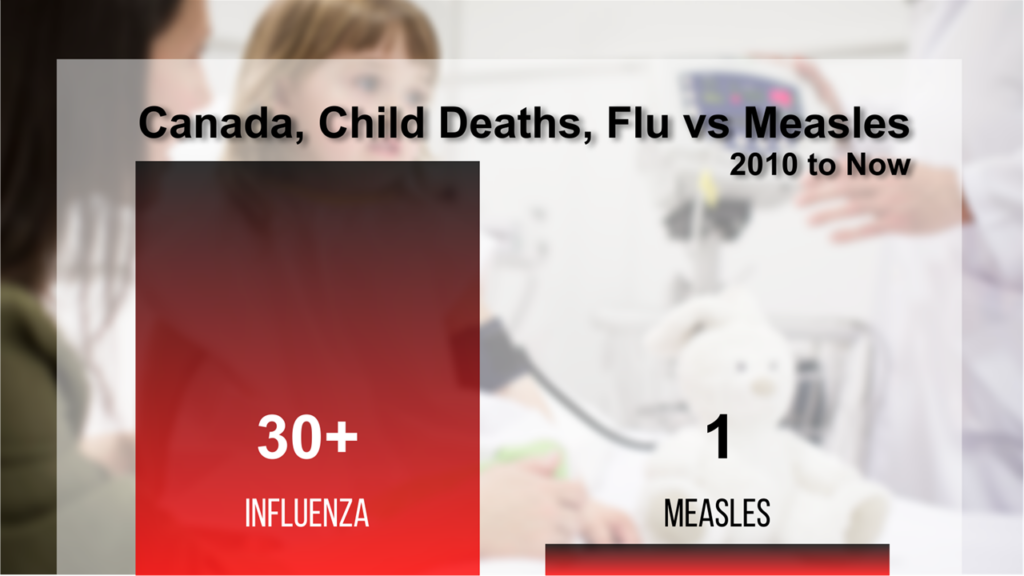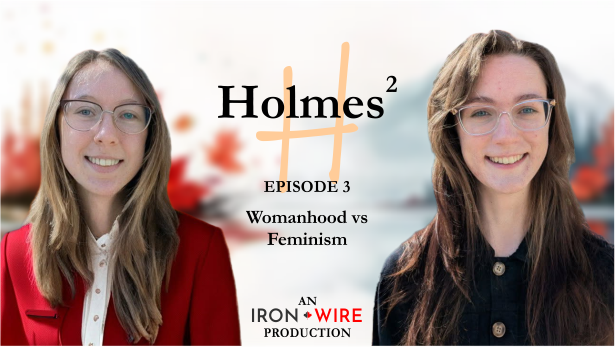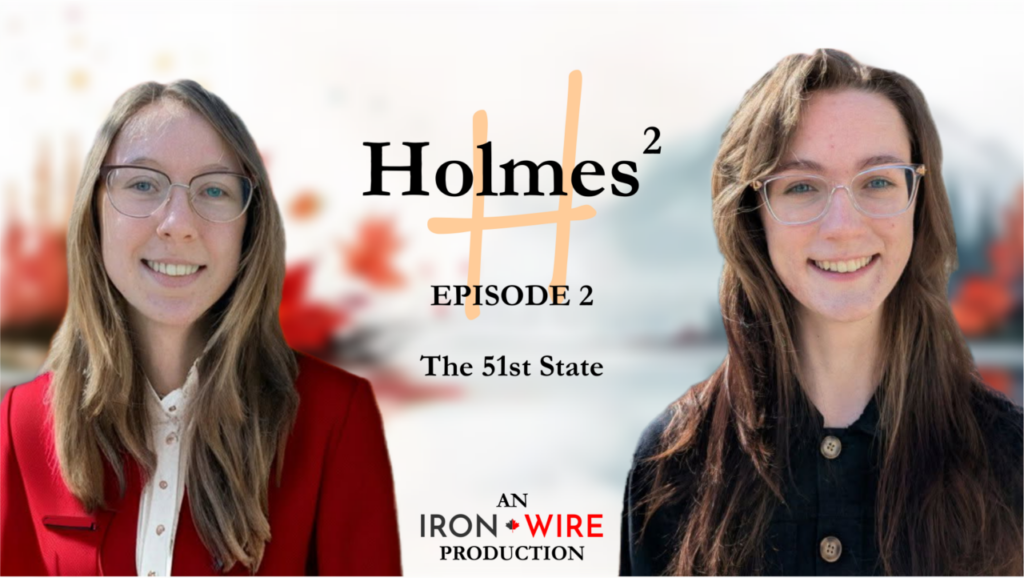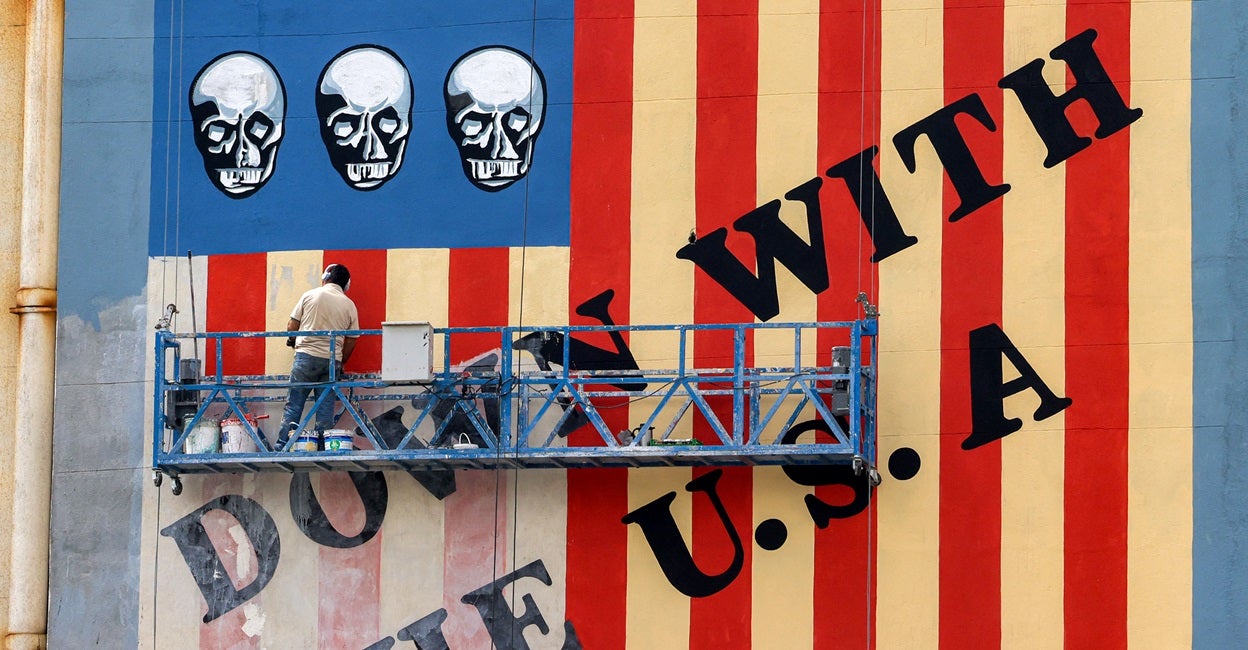Universities: No More ‘Blind Neutrality’ When It Comes to Protesters
Universities face a reckoning. President Donald Trump canceled $400 million in federal funding to Columbia University for failing to protect Jewish students. Columbia caved to the administration’s demands to get that funding back. Now, Harvard is in Trump’s crosshairs, with $9 billion at risk. Trump’s Department of Education is investigating at least 60 universities for creating a hostile environment. Something is terribly wrong.
The solution isn’t partisan posturing or federal overreach—it’s institutional courage. And it starts with replacing outdated neutrality doctrines—policies that prohibit universities from making statements about “controversial” issues—with values-driven principles.
University administrators make opaque decisions about what’s controversial—in their minds, defunding the police after George Floyd’s death in 2020 was not controversial, but condemning Hamas after the terrorist organization murdered 1,200 civilians was—so “neutrality” becomes just a cover story for administrators’ selective silence.
Critics argue that Trump’s concerns about campus antisemitism is mere political theater. The New York Times reported that “Decades Ago, Columbia Refused to Pay Trump $400 Million,” referring to Columbia’s September 2000 decision not to buy a 75-acre lot from Trump located near the Lincoln Center in Manhattan’s West End, implying that the parallel dollar amount shows this federal action is personal payback time.
And over 3,000 people signed the “Not in Our Name” statement, claiming Trump’s funding cuts and student deportations have nothing to do with antisemitism; rather, they’re claiming that Trump’s goal is supporting Christian Nationalism while silencing the “anti-colonialist resistance” movement.
But these critics ignore reality. Campuses really did become hostile environments for Jews—and if we’re honest, they’ve been intellectually hostile to heterodox and conservative views for years. The difference now is that the hostility has turned physical.
At UCLA, campus protesters chanted “Itbah al-yahud” (“Slaughter the Jews”) before waves of violence broke out. At Stanford University, pro-Palestinian protesters drew Nazi swastikas in a Jewish student’s dorm room. At Harvard, protesters put antisemitic stickers of an Israel flag with a swastika where the Jewish star would go near the Hillel Center for Jewish Life.
Only the deeply disengaged could have missed the surge in antisemitism and violence on campus since Oct. 7, 2023, and Hamas’ terrorist attack on Israel. And only the deliberately ironic could pretend that requiring universities to take down swastikas is somehow platforming neo-Nazis.
What these universities share isn’t just elite status. They believe silence can stand in for moral leadership. Each adopted some form of “institutional neutrality” based on the 1967 “Kalven Report,” which argues that universities should not take official positions on contested issues. The theory is that institutional neutrality promotes students’ civil discourse.
But neutrality only works—in theory—when an institution is healthy, with established values, shared norms, and fairly enforced rules. The reality is that neutrality has collapsed into paralysis. Campuses retreated from moral clarity, failed to distinguish protest from intimidation, and left students—especially Jewish students—to fend for themselves.
Silence didn’t protect discourse. It protected disorder.
The consequences of that moral vacuum are now coming into focus. An ongoing lawsuit alleges that Columbia student Mahmoud Khalil and several campus groups—including Students for Justice in Palestine and Columbia University Apartheid Divest—acted as a “propaganda arm” for Hamas. According to the complaint, these groups circulated material bearing the Hamas Media Office logo and followed messaging directives coordinated through Hamas-affiliated networks.
Even more disturbing, the suit claims that Students for Justice in Palestine used materials created before the Oct. 7 massacre—implying foreknowledge of the attack. If true, these allegations suggest that under the banner of neutrality, a U.S. campus became a staging ground for a terror-aligned propaganda campaign.
When “neutral” universities fail to act with moderation and clarity, they invite the strong hand of the state to intervene.
That’s what happened when federal agents arrested the Columbia Students for Justice in Palestine ringleader, who now faces deportation under a Cold War-era law that allows removal if someone is deemed to threaten U.S. foreign policy. Secretary of State Marco Rubio has revoked at least 300 student visas to date.
Whether or not these deportation proceedings survive due process, the message is clear: If universities won’t keep their own houses in order, the federal government apparently will. And when that happens, everyone loses—students, faculty, and the very idea of the university as a space for principled debate.
If universities want to reclaim their integrity—and preserve their independence—they must move beyond outdated doctrines and govern with moral clarity. That means reaffirming their values: free inquiry; community safety; and fair, consistent enforcement.
What universities need is a reinvigorated community process: a genuine reckoning with their own identity, purpose, and values. The goal isn’t to take sides amid a reasonable debate. It’s to take responsibility when hate speech kills conversations.
The danger isn’t just what’s happening on our campuses—it’s what’s not happening. When universities say nothing, do nothing, and enforce nothing, they don’t protect speech. They erode trust. They invite extremism. They surrender control to outside forces—whether radical activists or federal agents. If higher education wants to preserve its independence, it has to earn it. Not by staying neutral, but by standing for something.
Expressing shared moral values isn’t politics. It’s leadership.
We publish a variety of perspectives. Nothing written here is to be construed as representing the views of The Daily Signal.












